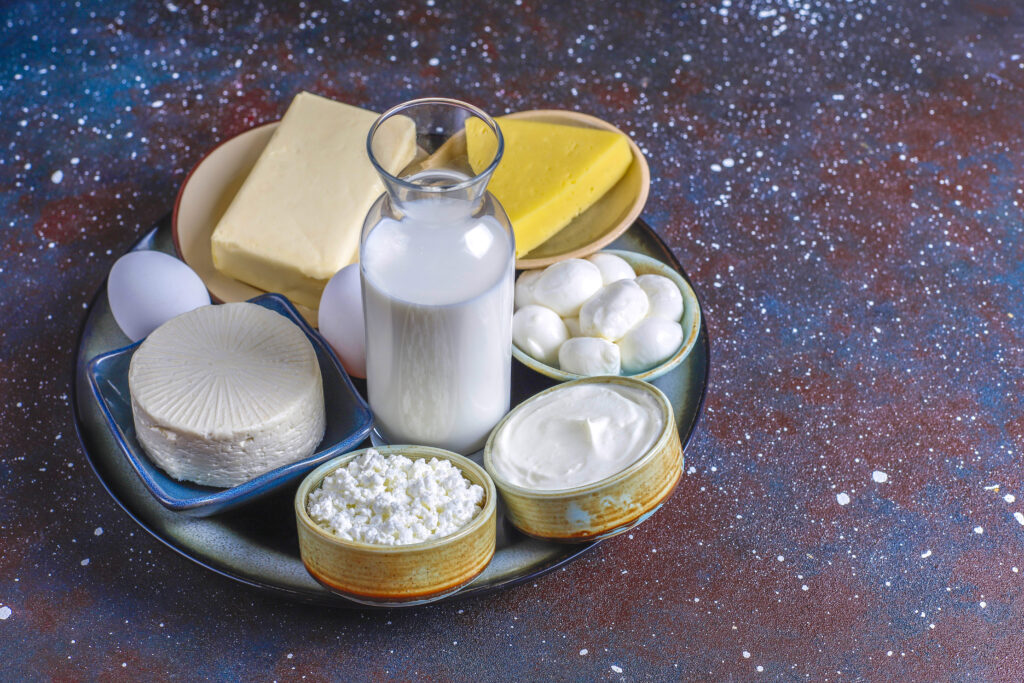Diet has a significant impact on diabetes management, affecting everything from blood sugar levels to overall health. Choosing the right foods can make diabetes management much easier, but some common foods can cause blood sugar to spike, leading to complications. In this post, we’ll look at five common foods that diabetics should avoid in order to maintain stable blood sugar levels and good health. Effective diabetes management begins with small, informed decisions, so let’s look at these essential tips.
Table of Contents
Toggle1. Sugary Beverages (e.g., Sodas and Sweetened Juices)

Sugary beverages, such as sodas and sweetened juices, may taste refreshing, but they can have a negative impact on diabetes management. These drinks contain simple sugars, which cause rapid blood sugar spikes, making it difficult to maintain stable levels. Sugary drinks have a high glycemic index, which causes rapid blood sugar spikes and, over time, contributes to insulin resistance.
To effectively manage diabetes, replace sugary beverages with healthier options such as infused water with lemon or cucumber, or choose unsweetened tea. Making these small changes can significantly improve your journey.
2. Refined Carbohydrates (e.g., White Bread, Pasta, and Rice)

Refined carbohydrates, such as white bread, pasta, and rice, can complicate the management of diabetes because they quickly raise blood sugar levels. Because these foods are low in fiber, they break down quickly in the body, resulting in blood sugar spikes. This rapid digestion frequently results in energy crashes and increased cravings, making it difficult to maintain stable blood sugar levels.
Whole-grain or high-fiber alternatives can help with diabetes management. Whole wheat bread, brown rice, and quinoa are slower to digest, allowing blood sugar to remain stable. Incorporating these into your diet can make diabetes management easier and more sustainable over time.
3. Full-Fat Dairy Products

Full-fat dairy products should be avoided in due to their high saturated fat content, which can exacerbate insulin resistance. This means that the body will have an even more difficult time managing blood sugar effectively. Furthermore, regular consumption of full-fat dairy can result in weight gain and elevated cholesterol levels, both of which complicate diabetes management.
Switching to lower-fat dairy products, such as skim or low-fat milk, can help with diabetes management. Plant-based alternatives, such as almond or oat milk, are also excellent choices, with additional heart-health benefits.
4. Fried Foods and Trans Fats

Fried foods and trans fats are major concerns in diabetes management because they promote inflammation, making blood sugar control more difficult. These foods are usually low in nutrients and high in unhealthy fats, which slow digestion and can cause blood sugar spikes over time—something to avoid in effective diabetes management.
Instead of frying, try healthier cooking methods such as baking, grilling, or steaming, which keep meals flavorful without adding unnecessary fat. Making these small changes promotes better health and is a simple, effective step in diabetes management.
5. High-Sugar Snacks and Desserts

High-sugar snacks such as candies, cakes, and pastries contain refined sugars, which cause blood sugar spikes and complicate diabetes management. When you eat these sweets, your blood sugar rises quickly, causing energy crashes and subsequent sugar cravings. This cycle is hard on the body, particularly for diabetics, because it disrupts the stable blood sugar levels required for diabetes management.
Instead, opt for naturally sweet, low-glycemic options such as fresh fruit or a small piece of dark chocolate. Making these swaps allows you to enjoy treats without compromising your diabetes management.
Conclusion
Avoiding these common foods is essential for effective diabetes management, allowing you to maintain stable blood sugar levels and avoid health risks. Exploring healthier alternatives, such as whole grains, lean proteins, and fresh fruits, can significantly improve your long-term health. Consider consulting with a healthcare provider or nutritionist to develop the best diabetes management plan for your specific needs. Remember that smart choices are the foundation of effective diabetes management!
FAQS on Diabetes Management
Sugary drinks, such as sodas and sweetened juices, cause rapid blood sugar spikes, making diabetes difficult to manage successfully. They also lack fiber, which helps to control blood sugar levels.
Not all carbs are bad, but refined carbs (like white bread and pasta) can raise blood sugar quickly. Whole grains and high-fiber carbs are better choices for steady blood sugar.
Diabetics can enjoy dairy, but full-fat dairy can be problematic due to its saturated fats. Opting for low-fat or plant-based dairy options can support better diabetes management.
Fried foods often contain trans fats, which can cause inflammation and insulin resistance. They also digest slowly, which may lead to blood sugar imbalances.
Fresh fruit, Greek yogurt with berries, or a small piece of dark chocolate are excellent alternatives to sugary desserts for those managing diabetes.